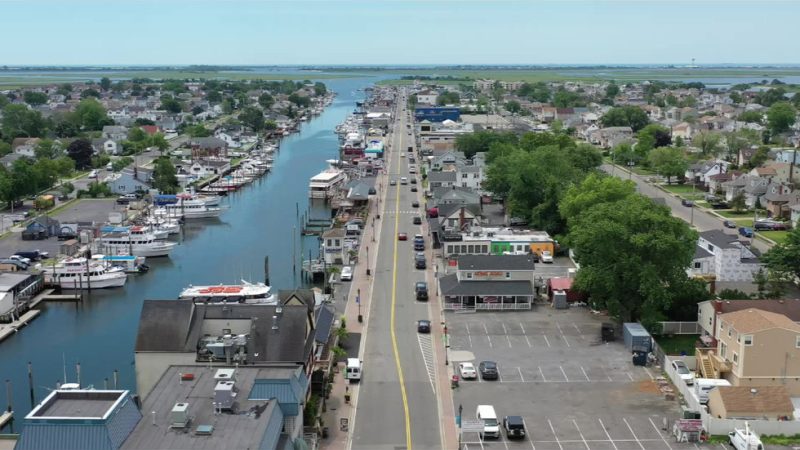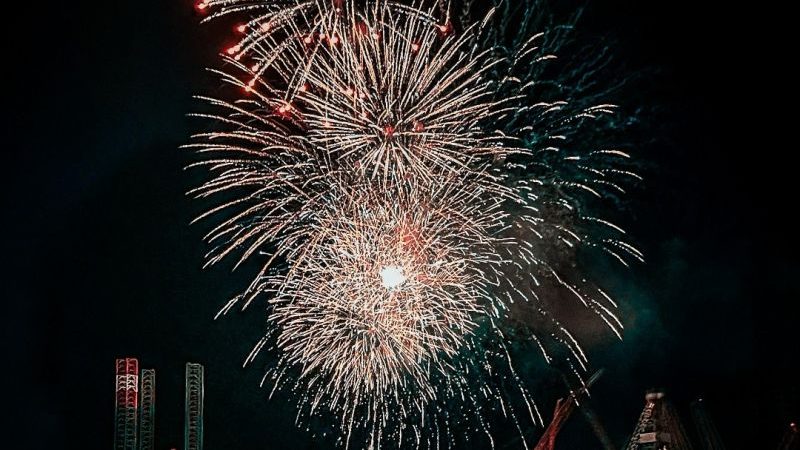Sonia Montenegro Bolaños

In the realm of environmental conservation and indigenous rights activism, certain figures stand out as beacons of inspiration and change. Sonia Montenegro Bolaños, a pioneering force hailing from Ecuador, emerges as one such luminary whose life’s work continues to resonate with profound significance. Through her unwavering dedication and visionary leadership, Montenegro carved a path that not only challenged the status quo but also paved the way for a more sustainable and equitable future.
Born in the vibrant tapestry of Ecuador’s cultural landscape, Sonia Montenegro Bolaños was deeply rooted in her indigenous heritage, belonging to the Shuar community. From an early age, she witnessed firsthand the intricate interplay between nature and humanity, instilling within her a profound respect for the environment and the indigenous wisdom that sought harmony with it.
Unveiling the Legacy
Montenegro’s journey towards activism was catalyzed by the escalating threats posed to Ecuador’s pristine ecosystems and indigenous territories. Fueled by a fierce determination to safeguard the land and its custodians, she embarked on a tireless quest for environmental justice and indigenous rights. Her advocacy extended beyond mere rhetoric, as she actively engaged in grassroots movements, community empowerment initiatives, and legal battles against corporate exploitation and government negligence.
Central to Montenegro’s ethos was the recognition of indigenous peoples as rightful stewards of their ancestral lands, endowed with inherent sovereignty and wisdom that transcended conventional notions of development. She vehemently opposed extractive industries, mega-projects, and policies that disregarded indigenous rights and perpetuated environmental degradation. Montenegro’s advocacy was characterized by its holistic approach, intertwining environmental conservation with cultural preservation and social justice.
One of the pivotal moments in Montenegro’s activism came with her involvement in the landmark case of Sarayaku, an indigenous community embroiled in a David-and-Goliath struggle against oil exploration in their territory. Serving as a spokesperson and strategist for the Sarayaku people, Montenegro played a pivotal role in amplifying their voices on the global stage, garnering support from international organizations and rallying behind their cause with unwavering solidarity.
A Trailblazer in Environmental Conservation
Montenegro’s impact extended far beyond the confines of Ecuador, resonating across international forums and networks dedicated to environmental and indigenous rights. Her advocacy served as a catalyst for greater awareness and action on issues ranging from deforestation and climate change to indigenous sovereignty and self-determination. Through her eloquence, resilience, and unwavering commitment, she challenged entrenched power structures and inspired a new generation of activists to stand up for what they believe in.
Beyond her activism, Montenegro was also a catalyst for transformative change through education and capacity-building initiatives. She recognized the importance of empowering indigenous communities with the tools and knowledge necessary to assert their rights, manage their resources sustainably, and navigate the complexities of modernity without forsaking their cultural heritage.
Conclusion
Montenegro’s legacy endures as a testament to the indomitable spirit of those who dare to challenge injustice and champion the cause of the marginalized. Her life’s work serves as a blueprint for grassroots movements and advocacy efforts seeking to reconcile environmental conservation with social equity and cultural resilience. In a world grappling with existential threats posed by climate change and ecological degradation, Montenegro’s vision of harmony between humanity and nature offers a ray of hope and a call to action for collective solidarity and transformative change.
As we reflect on the life and legacy of Sonia Montenegro Bolaños, let us draw inspiration from her courage, wisdom, and unwavering commitment to justice. Let us honor her memory by continuing the struggle for environmental sustainability, indigenous rights, and a more just and equitable world for all. In doing so, we not only pay tribute to her extraordinary legacy but also reaffirm our shared responsibility to safeguard the planet and its diverse inhabitants for generations to come.






